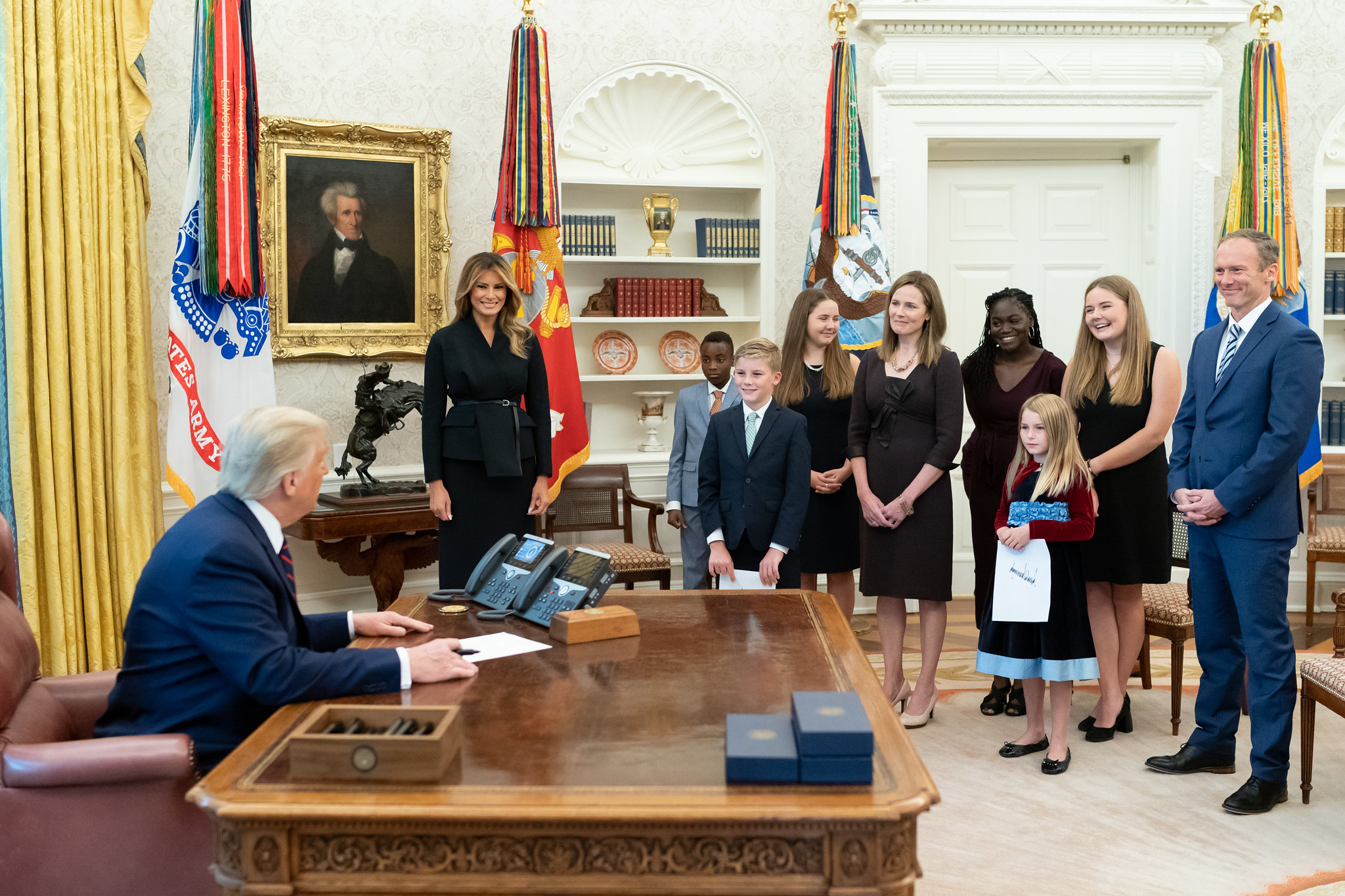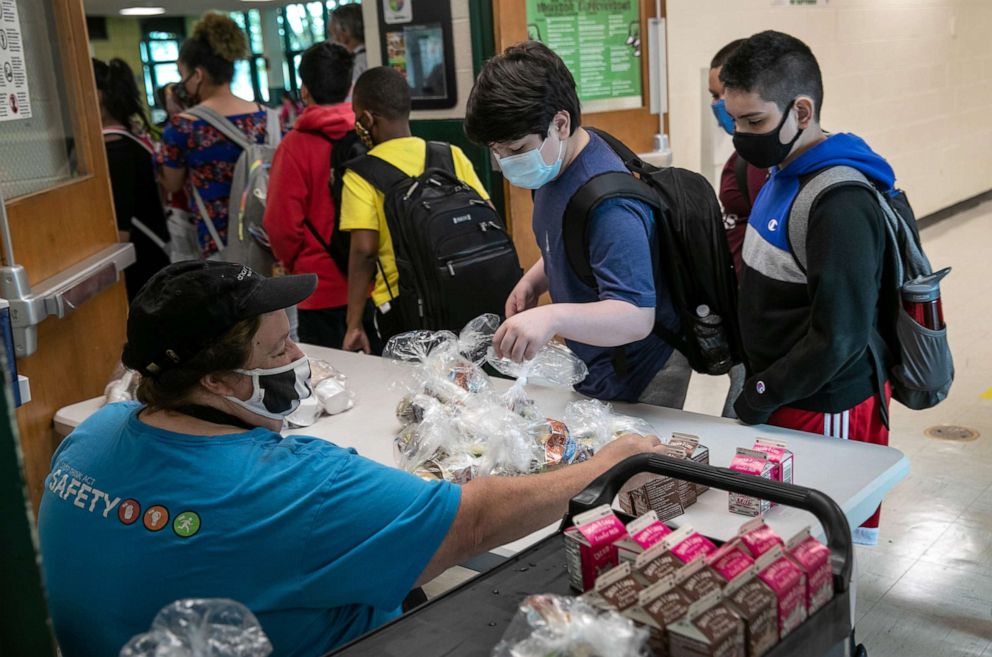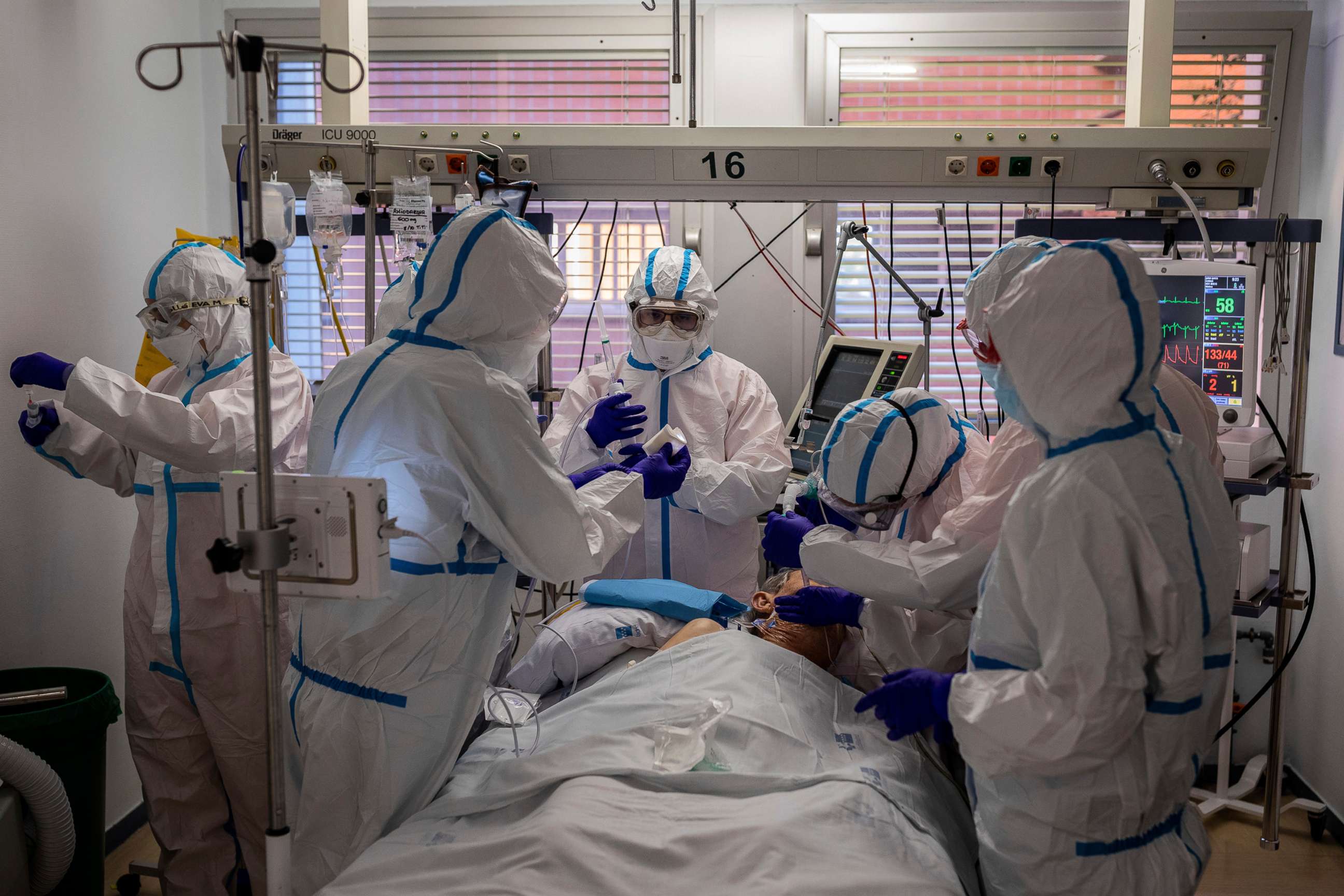AstraZeneca getting $486M to develop, make monoclonal antibody cocktail
The U.S. government is giving AstraZeneca $486 million to develop and manufacture its monoclonal antibody cocktail.
The Department of Health and Human Services and Department of Defense announced the agreement with the pharmaceutical company on Friday.
AstraZeneca will launch two phase 3 trials to study its monoclonal antibodies as a way to prevent COVID-19 infection. The company is also in the middle of a phase 3 trial for a COVID-19 vaccine.
"In addition to Operation Warp Speed's historic progress on vaccines, we are supporting promising monoclonal antibodies for prevention and treatment all the way through to supply, allowing faster distribution if trials are successful," HHS Secretary Alex Azar said in a statement.
Monoclonal antibodies are considered a "bridge" to a vaccine because they have the potential to work as both a treatment for people who are already sick and as short-term protection for those who have not yet been infected.
At least four large pharmaceutical companies are now in late-stage trials for monoclonal antibodies, including Regeneron, which makes the experimental monoclonal antibody cocktail President Donald Trump received on a compassionate use basis as part of his COVID-19 treatment.
ABC News' Chris Howell and Sony Salzman contributed to this report.







